South Sudan minister reveals “ambitious” road construction plan
November 6, 2011 (KAMPALA) – A ten-year road construction plan has been revealed, which will connect the ten states of the newly independent Republic of South Sudan. The plan, which was released on Saturday by a minister, is estimated to cost between $3-$4 billion.
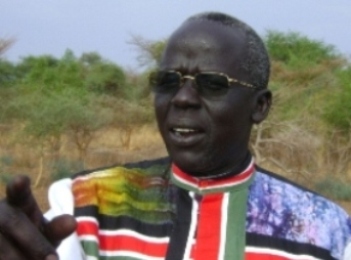
Responding to accusations from the students that South Sudan’s leaders have failed to deliver basic services since they came into power after a 2005 peace deal, the minister admitted said he is “irritated when introduced as minister of roads and bridges,” because there are barely any roads or bridges in South Sudan.
South Sudan gained independence from north Sudan in July following the January referendum which was promised in the 2005 comprehensive peace agreement (CPA), and ended two decades of civil war between the north and south of the country.
Authorities often blame South Sudan’s poor road network for the slow response of police to local tribal feuds.
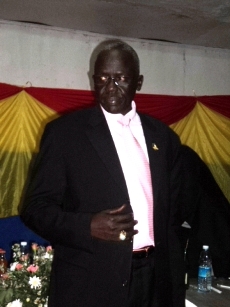
In what the minister described as draft plan for his ministry, Chuang claims that the first national road (code named as N1) will start from Nimule on the South Sudan-Uganda border and will connect with Renk near South Sudan’s border with north Sudan.
The N2 road will start from Nadapal on the South Sudan–Kenya border and pass through Kapeota, Torit, Juba to Munduri, Rumbek, Wau and Awiel. N2 will also connect with, Abyei, a contested territory claimed by the south, which is currently in north Sudan.
The two roads will connect eight out of South Sudan’s 10 states.
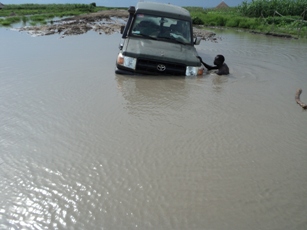
Minister Chuang described building a new road network as “critical.” He added that another road will run from Jokou, next to the Ethiopian border, to Malakal, the headquarters of Upper Nile state.
A 70km road, according to Chuang’s plan, will connect Raat to Boma and continue a further 320km to Bor, the capital of Jonglei state. The Jokou–Malakal road will be connected to Unity state by a new bridge to be built across the White Nile river.
The minister said the 3,000 km road project will cost up to $4 billion over a ten year period. He said that he will be proud to be the minister for roads and bridges in three years time once construction has begun.
FUNDING TARMAC ROADS
The source of funding for the tarmac roads, which are rare in South Sudan, remains a fundamental question. But the South Sudan minister expressed opportunism that a combination of donor funding and credit would allow the project to go ahead.
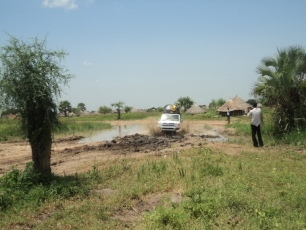
Minister Chuang says the price will be worth it.
“If we have the oil, should we leave it without building roads?” he said. When South Sudan seceded from north Sudan it took with it 75% of the country’s oil.
“TAKING TOWNS TO THE PEOPLE”
Repeating the slogan of the John Garang, the former leader of South Sudan’s ruling Sudan People’s Liberation Movement, Chuang said he wanted to bring the services available in towns to people in rural and remote areas.
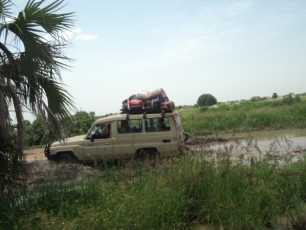
“We cannot build a nation without roads and bridges. Roads are the backbone of the development of any nation. Building roads is the only hope,” he said.
As a former minister of internal affairs, Chuang said he had “difficult life” responding to local conflicts in South Sudan that have killed thousands since the 2005 peace deal.
(ST)
